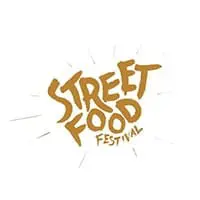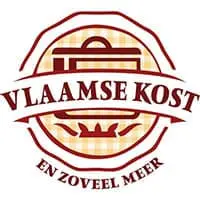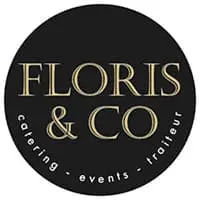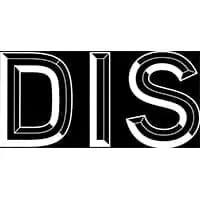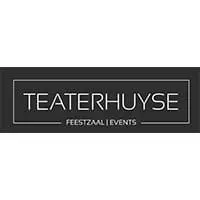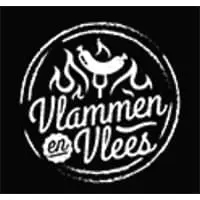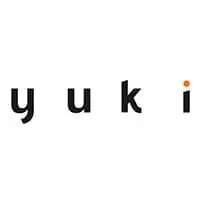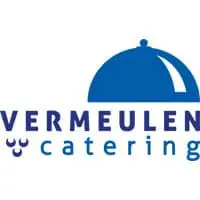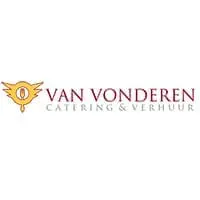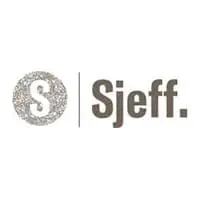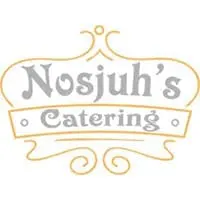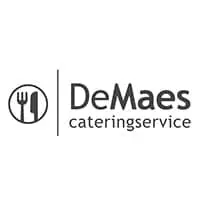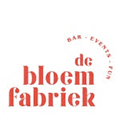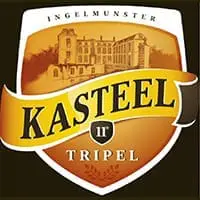A detailed quote should contain all relevant information without becoming overwhelming. The ideal quote includes contact details, event details, menu composition, prices, delivery conditions and legal information. The level of detail depends on your customer type: private individuals want an overview, companies expect specifications and large events require extensive documentation.
Why is the right level of detail in your quotation so important?
The right balance between detail and overview determines whether your customer gains confidence in your professionalism. Too little detail raises questions about what exactly is being delivered, while too much information can scare customers away.
A well-balanced catering quote shows that you know what you are talking about without overwhelming the customer. You want customers to be able to quickly assess whether your offer suits their needs. This includes clear menu descriptions, transparent prices and concrete delivery agreements.
The right level of detail also helps you avoid misunderstandings. If you are not specific about what you are delivering, you will end up with discussions about expectations later on. At the same time, your quotation should remain inviting and not feel like a legal document.
What basic information should always be included in a catering quote?
Every professional quotation contains mandatory elements that your customer needs in order to make a decision. This basic information ensures that your quotation appears complete and reliable.
Your contact details are always at the top: company name, address, telephone number, email address and Chamber of Commerce number. You also include customer details and event details such as date, time, location and number of guests.
The menu composition gets its own section with clear descriptions of all dishes. Prices are presented clearly, including VAT. Conclude with delivery conditions, payment terms and the validity of your quote.
| Component | What do you mention? |
|---|---|
| Contact details | Company name, address, telephone number, email address, Chamber of Commerce number |
| Event details | Date, time, location, number of guests, type of event |
| Menu composition | Dishes, ingredients, allergens, portion sizes |
| Price information | Prices per item, total price, VAT statement |
| Terms and conditions | Terms of delivery, payment terms, validity |
How detailed should your menu composition be?
Your menu should whet the appetite while providing all the practical information customers need. Describe dishes in an appealing yet accurate manner.
Provide a brief, appealing description of each dish, listing the main ingredients. Always clearly indicate allergens separately. For buffets, indicate the portion size per person; for receptions, indicate the portion size per person.
Use specific terms instead of vague descriptions. Write “fresh salmon with dill sauce” instead of “luxury fish dish”. Make vegetarian or vegan options explicitly clear. Mention special preparation methods such as organic or regional products separately.
For complex menus, you can list ingredients separately. This provides clarity without overloading the menu description. Consider practical details such as tableware requirements for buffets or special serving arrangements.
What additional services should you specify in your quotation?
Additional services often make the difference between a good and an excellent experience. Clearly specify which extra services you offer and what they entail.
Staff is an important service: state how many employees you are sending, what their tasks are and how long they will stay. Equipment includes tables, chairs, crockery, decorations and sound equipment.
Logistical services such as transport, set-up and dismantling deserve a separate mention. Indicate whether these services are included or available at an additional cost. You can also mention any special requests here, such as themed decoration or entertainment.
Distinguish between what is included as standard and what is optional. This makes it easy for customers to choose which services they want to add without any surprises afterwards.

How transparent should you be about prices and costs?
Price transparency builds trust and prevents disputes later on. Customers want to know what they are paying for and what the total costs will be.
Break down your catering quote into clear categories: food and drink, staff, equipment and transport. Always state whether prices include or exclude VAT. Indicate the VAT percentage separately.
Communicate any additional costs in advance: think of costs for changes, cancellations or extra services. Clearly state the payment terms, including advance payment and payment term.
For large events, you can provide a detailed breakdown of costs. For smaller assignments, a total price with a brief specification is often sufficient. Be honest about possible additional costs such as parking fees or surcharges for weekend/evening work.
What legal information is essential?
Legal information protects both you and your customer. Certain statements are required by law, while others are advisable to prevent misunderstandings.
Your Chamber of Commerce number and VAT number are mandatory on every quotation. Refer to your general terms and conditions, even if you do not always send them along. State your cancellation policy with clear deadlines and costs.
Liability is an important issue: indicate what you are and are not liable for. Consider damage to the location, your own equipment or health complaints. You can also mention force majeure situations here.
Always state the validity of your quotation, usually 30 days. For seasonal products, you can reserve the right to change prices. Ensure that your legal texts remain understandable and do not come across as threatening.
How do you adjust the level of detail for different customer types?
Different customers have different information needs. Private customers mainly want to know what they are getting and how much it costs, while businesses expect more specifications.
For private individuals, keep your quotes clear and accessible. Focus on the menu, the atmosphere and the total price. Use understandable language and avoid too many technical details.
Business customers expect more specifications: exact numbers, scheduling, contact persons and billing information. They often also want references and proof of insurance.
Large events require extensive documentation: detailed rundowns, emergency plans, hygiene certificates and comprehensive liability arrangements. Feel free to make your quotation several pages long.
What are the most important points for a successful quotation?
A successful event proposal combines professionalism with personal attention. You show that you understand the customer and can deliver exactly what is requested.
Respond quickly to requests, preferably within 24 hours. Use a professional layout that suits your company. Personalise each quote by specifically addressing the customer’s wishes.
Ensure clear communication: no jargon, clear prices and concrete agreements. Make your quote visually appealing with photos of your dishes. Conclude with a personal note showing your enthusiasm.
Follow up on your quotes if you don’t hear anything. A friendly reminder can make all the difference. Ask for feedback when you receive rejections so you can improve your next quotes. For more tips on effective follow-up, feel free to contact us.
A good quotation system helps you to consistently produce high-quality quotations. With the right tools, you can respond faster, make fewer mistakes and win more contracts. At Catermonkey, we have seen how the right digital support can make the difference between a quotation that stands out and one that gets discarded.
Ready to improve your quotation process?
Do you have ideas or questions about how to take your quotes to the next level? Catermonkey is happy to help you figure out how our platform can support your catering business in creating professional, compelling quotes that will win you more orders.
Plan your brainstorm with Catermonkey! During this no-obligation session, we will discuss your specific challenges and work together to find solutions that suit your business.

